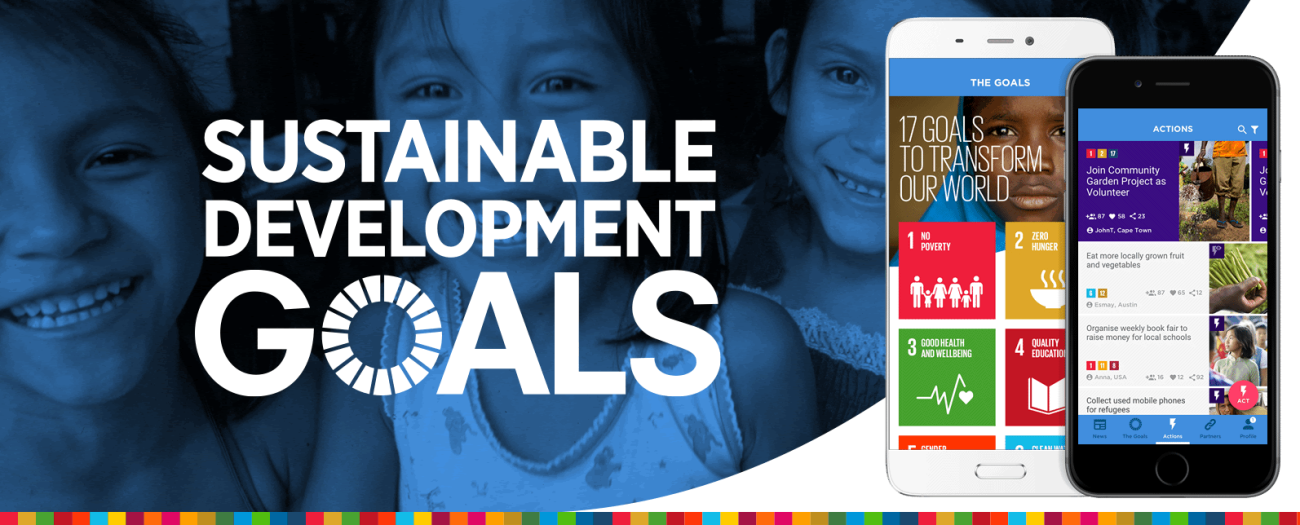In the lush hills of Rwanda, where tea farming sustains livelihoods and communities thrive, a quiet revolution is underway. It's a transformation fueled not by machinery or magic, but by the power of responsible digital payments.
Picture this: once a realm of cash transactions and lengthy waits, tea farmers now find themselves embracing a new era of efficiency and transparency. Thanks to the adoption of digital payment systems, their financial dealings have become streamlined and secure, setting the stage for unprecedented growth and empowerment.
For the women who form the backbone of rural economies, this shift holds particular promise. With digital payments, they gain newfound autonomy over their finances, unlocking opportunities for prosperity that were once out of reach.
But the impact extends beyond individual farmers. Across the tea value chain, from field to factory, stakeholders reap the rewards of this digital revolution. Reduced payment timelines mean faster access to funds for farmers, while factories enjoy lower costs and heightened productivity.
Behind this transformative wave stands the United Nations, through the United Nations Capital Development Fund (UNCDF), offering support and guidance to navigate the complexities of modernization. Their partnership with Rwanda's tea sector has yielded staggering results: Payment timelines slashed by 87%, worker costs reduced by 10%, and productivity soaring by 30%.
In the tea sector, scaling up responsible digital payments to farmers could result in a saving of USD 8 million over ten years - funds that could be reallocated to address climate change and other critical issues.
“We are committed to working closely with all stakeholders in the Rwandan tea sector to address the gaps that remain for scaling responsible digital initiatives. In particular we see our engagement with the National Agricultural Export Development Board (NAEB) as critical for exploring sustainable and scalable solutions for the tea sector.”
Jenny Costelloe, Executive Director, Ethical Tea Partnership
These benefits could bring much wider impact if responsible digital payments were embedded across the whole agricultural sector in Rwanda, with the potential to reach 3.8 million farmers, including 2.1 million women.
Digital payment system has a direct positive impact on the effective implementation of SDGs. For example, on SDG 2 Zero Hunger, Mobile financial services can help small agriculture producers to increase the productivity of crops by allowing them to purchase equipment, agricultural inputs, or upgrade to more productive practices, which can be difficult in remote locations without access to financial services through traditional channels.
Claude Bizimana, Chief Executive Officer “A core theme of the strategic plan under the NAEB is to develop its capacity on the strategic analytics that will facilitate data-driven decisions. Smart Kungahara System (SKS) forms a part of this strategy and there are plans to introduce it in the tea sector.”
For example, in 2021, 7 of the 18 tea factories were using mobile money solutions, automatic savings and credit cooperatives (SACCOs), and online/mobile banking systems to pay their farmers.





